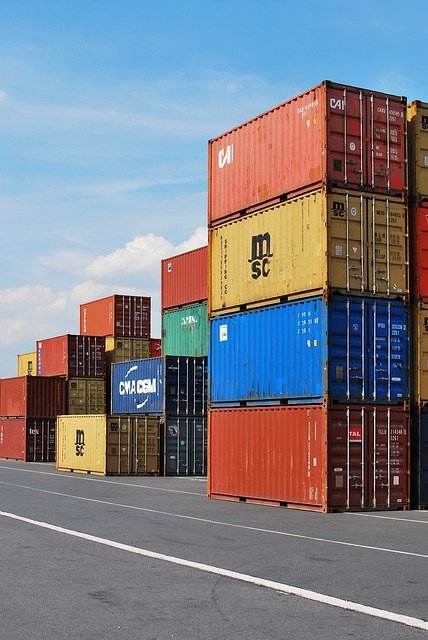
-
The Bureau of Customs will require accreditation from empty container yards
-
The accreditation allows the bureau to supervise the yards, according to BOC Assessment and Operations Coordinating Group deputy commissioner Edward James Dy Buco
-
BOC is also discussing a proposal to automate the monitoring of return of empty containers to shipping lines’ designated depots
The Bureau of Customs will soon require accreditation for empty container yards, according to BOC Assessment and Operations Coordinating Group deputy commissioner Edward James Dy Buco.
In a phone interview with PortCalls, Dy Buco said the accreditation allows BOC to exercise authority over such yards which, he pointed out, are currently not regulated by any government agency.
Drafting a customs order on the issue is a priority, he said, adding the order will include among its requirements equipment that should be provided in the yard.
He noted the accreditation of empty container yards will complement BOC’s monitoring of containers, which, under the law, should be re-exported within 90 days, otherwise they will be considered importation and subject to payment of duties and taxes. He said this is also to help prevent possible congestion outside the ports.
BOC has said empty container yards are considered a type of customs facilities and warehouses under Customs Administrative Order No. 09-2019 and Customs Memorandum Order No. 18-2022, and thus require accreditation from the agency.
CMO 18-2022 implements CAO 09-2019, which provides the guidelines on the establishment, operation, supervision, and control of CFWs under the Customs Modernization and Tariff Act.
CFWs are facilities for temporary storage of goods established and authorized by BOC. These include container yards, container freight stations, seaport temporary storage warehouses, airport temporary storage warehouses, and other premises, for customs purposes.
Automating container movement monitoring
Relatedly, Dy Buco said the BOC is discussing a proposal to adopt a system that automates the monitoring of movement of containers, particularly the return of empties to shipping lines.
Dy Buco attended a presentation in August by the Alliance of Container Yard Operators of the Philippines (ACYOP), which has been implementing its own online booking system to properly handle and schedule the return, withdrawal, and repositioning of empty containers in member-operated depots.
ACYOP is also working on the second phase of its online booking system that will allow truckers to book an appointment for returning empty containers through a mobile app to make it more accessible and provide truck drivers visibility on their booking appointments.
Dy Buco said this system will help BOC monitor the stay of containers in the Philippines. He said BOC collection districts already have their own system to monitor the movement of containers, but noted that the current system is “very limited” and not national in scope.
Stakeholders, particularly truckers and customs brokers, have been raising issues on the return of empty containers, including the non-availability of slots and queuing in container yards.
BOC has formed a task group to work closely with stakeholders on issues relating to the return of empty containers. – Roumina Pablo




